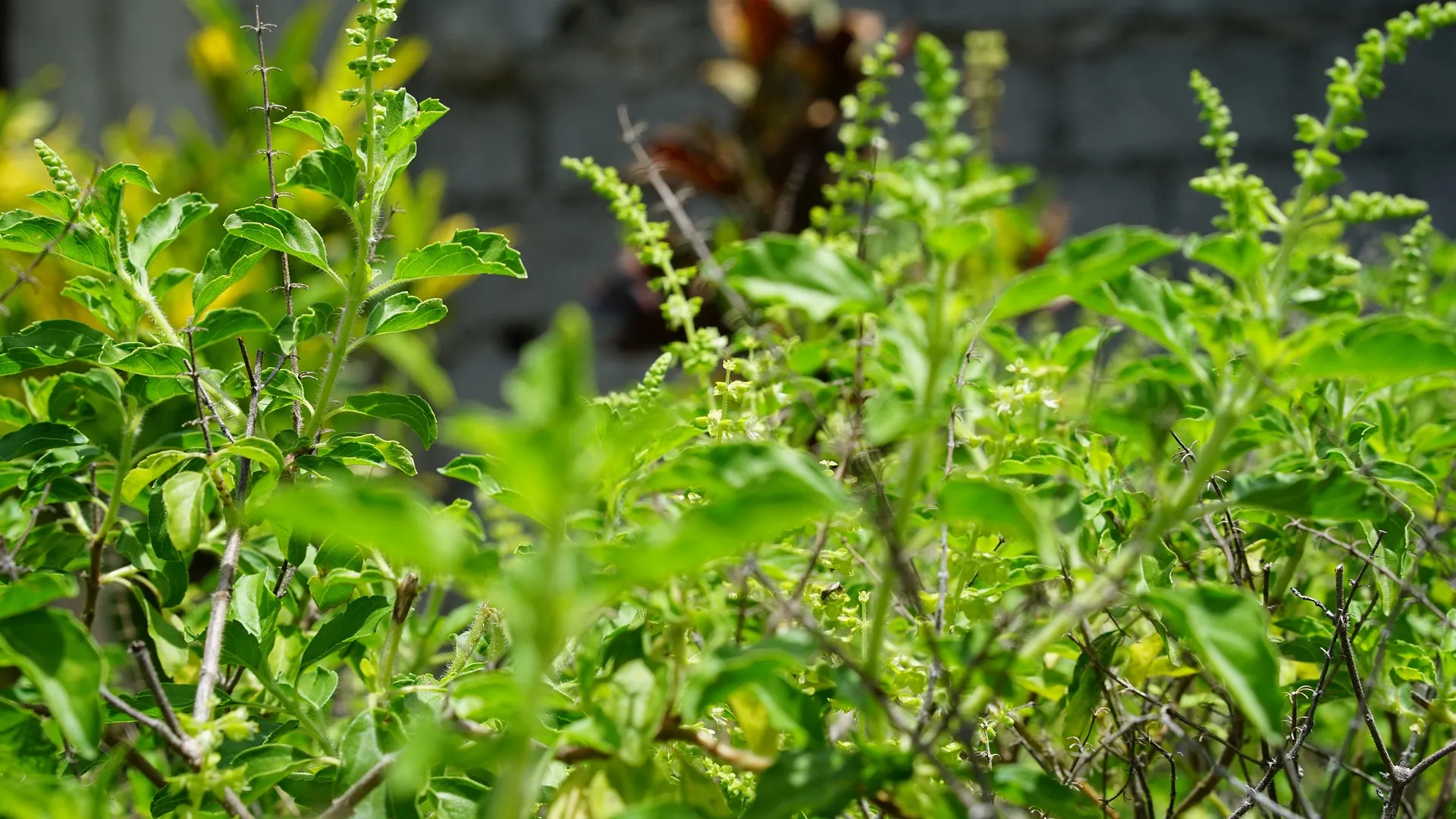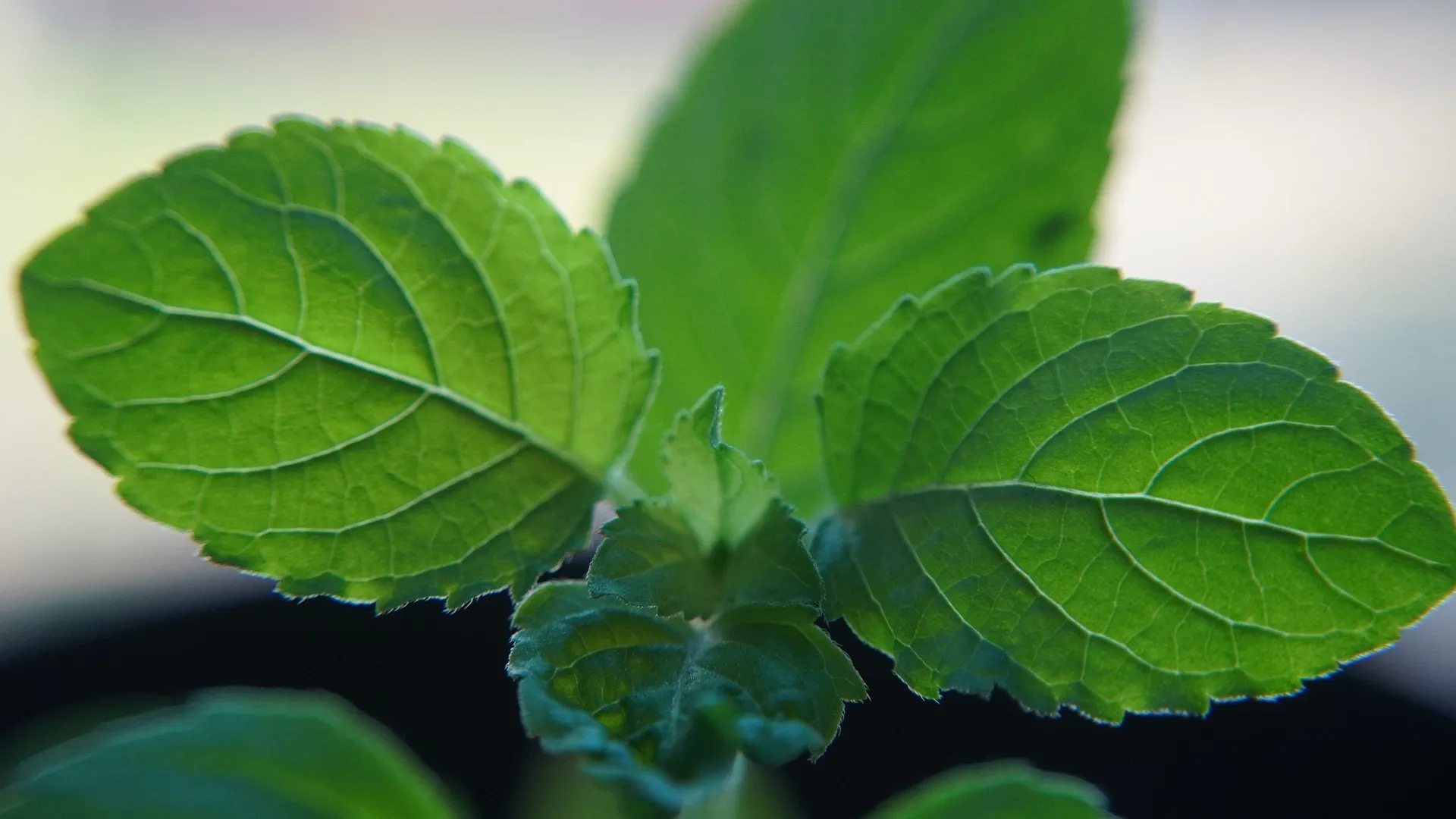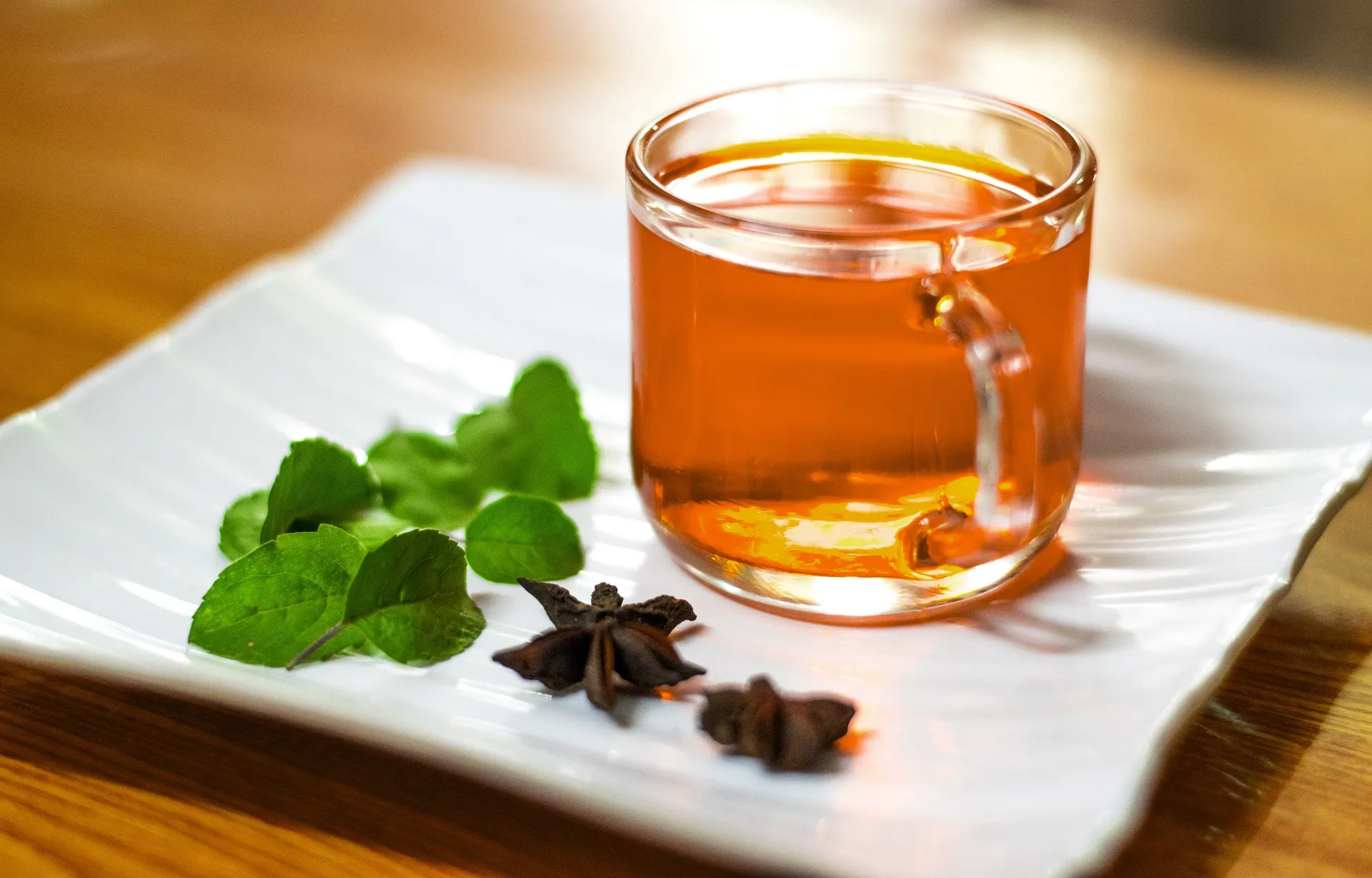Basil’s botanical name is Ocimum basilicum, and it is a mint herb in the Lamiaceae family. This plant, which originated in India, is frequently used in cooking all over the world due to its pleasant perfume and distinct flavor. It is available in a variety of flavors and aromas, including sweet basil, lemon basil, and holy basil. Basil, in addition to its culinary usage, has various medical properties, making it a popular option in traditional medicine. This article will go through the various elements of the basil plant, such as the leaves, stem, and seeds, as well as the several advantages of eating it. We will also share important growing and care suggestions for basil plants, such as weather conditions, fertilizers, and other factors.
Basil Plant
The term “basil” is derived from the Latin basilius and the Greek v , which means “royal/kingly plant,” presumably because the plant was said to have been employed in the creation of royal perfumes. The Latin name has been mixed up with basilisk since it was thought to be an antidote to basilisk poison.
Basil is an annual or perennial herb grown for its leaves. Plants can grow to heights of 30 to 150 cm depending on the variety (1 and 5 ft) Its leaves are dark green and oval, however they vary in size and shape depending on the cultivar. The leaf sizes range from 3 to 11 cm long and 1 to 6 cm broad. Basil develops a large, central taproot. Its flowers are small and white, and they grow from a central inflorescence, or spike, that emerges from the plant’s central stalk.
The flower comes off after entomophilous pollination, and four spherical achenes form inside the bilabiate calyx. and measuring between 1 and 6 centimeters broad. Basil develops a large, central taproot. Its flowers are small and white, and they grow from a central inflorescence, or spike, that emerges from the plant’s central stalk.
Basil Leaves
Basil comes in a number of well-liked cultivars in the Mediterranean region, including Genovese, Purple Ruffles, Mammoth, Cinnamon, Lemon, Globe, and African Blue. Basil is a key component in the Italian sauce pesto, a classic illustration of how it is utilized in Mediterranean cooking. Fresh or dried basil is used to thicken soups and other foods in many different national cuisines. Basil is incorporated into cream or milk to produce a unique flavor for ice cream or chocolate truffles.
Lemon basil has a strong lemon flavor and aroma thanks to the essential oil citral. Lemon basil, also known as kemangi, is a condiment for fish or meat that is served raw in Indonesia.

Basil Stem
The stems of the basil plant are also an essential part of the herb, as they provide structural support for the leaves and flowers. Basil stems are often overlooked, but they have a distinct aroma and a slightly sweet flavor that can enhance the taste of many dishes. In some cuisines, such as Thai, the tender stems are chopped and added to stir-fries and curries. Additionally, basil stems can be used in soups and broths to add depth and flavor. Beyond their culinary uses, basil stems also contain antioxidants and anti-inflammatory properties, making them useful in natural remedies for various ailments. Overall, the basil plant is a versatile and flavorful herb that provides numerous benefits, including from its often underappreciated stems.
Basil Seeds
Basil seeds are small, black, ovular-shaped seeds used in Asian special cuisines, particularly in drinks and sweets. These seeds are high in fiber and minerals such as iron, calcium, and magnesium. They have the remarkable characteristics of becoming gelatinous in texture when soaked in water, similar to chia seeds. Basil seeds are a nutritious addition to one’s diet that can help with digestion and weight loss. They can also be used as an egg substitute in vegan cooking. Basil seeds have therapeutic characteristics and are utilized in Ayurveda medicine to treat digestive disorders and reduce stress levels in addition to their nutritional benefits.
Basil Benefits
Following are the few health benefits from long list:
- Promotes healthy digestion
- Supports weight loss
- Rich in fiber
- Contains essential vitamins and minerals like calcium, magnesium, and iron
- Has anti-inflammatory properties
- Acts as a natural stress-reliever
- Can alleviate respiratory infections and asthma
- Helps maintain healthy skin
- Possesses antibacterial and antioxidant properties
- Can be used to treat digestive issues and skin ailments in herbal medicine
Maintenance of Basil Plant
Basil plants are easy to maintain and can thrive both indoors and outdoors. Here are some tips for caring for your basil plant:
- Soil: Basil plants prefer well-draining soil that is rich in organic matter. Ensure that the soil pH is between 6 and 7.
- Water: Basil requires consistent watering, but make sure not to overwater it.
- Sunlight: Basil plants need at least six hours of direct sunlight daily to grow properly.
- Temperature: Basil plants prefer warm temperatures ranging between 70-80°F during the day and around 50°F at night.
- Fertilizer: Feed your basil plant with a balanced fertilizer every 2-3 weeks.
- Pruning: Pinch off the tops of the basil plant to encourage bushier growth and to prevent it from flowering, which can affect the plant’s flavor.
- Pests: Basil is susceptible to pests such as aphids, spider mites, and whiteflies. Use organic pest control methods such as neem oil or insecticidal soap to keep them away.
By following these maintenance tips, you can ensure that your basil plant remains healthy and produces an abundance of fragrant leaves.
Weather Conditions
Growing your basil indoors requires good ventilation due to high humidity that can affect its growth. Basil plants prefer warm conditions but can’t survive under freezing conditions. You should only begin planting once there are no more chances for frosts in the locale then protect its fragile leaves via covers during lower-than-ideal temps. Providing sufficient ventilation when growing basil indoors is also crucial since high humidity might negatively impact the plant.
Manure Information
Regular applications of organic materials, such as compost or well-rotted manure, can benefit basil plants. Throughout the growing season, sprinkle compost or manure to the soil around your basil plant once a month. Fresh manure should be avoided because it can burn the roots of your basil plant.
Basil has a rich cultural history, with several beliefs and traditions related with the herb. Basil was associated with love and fertility in ancient Greece, and it was employed in love potions. Basil is regarded a sacred herb in India and is frequently cultivated near temples or used in religious events.
Basil is a prominent culinary herb that is utilized in a variety of cuisines all over the world. It has a fresh and pungent flavor that complements a variety of meals, including tomatoes, cheese, and meats. Basil is an important ingredient in pesto sauce, which is produced by combining basil leaves, garlic, olive oil, pine nuts, and Parmesan cheese.
Many Asian cuisines, including Thai and Vietnamese, incorporate basil. Basil is commonly used in Thai stir-fries and curries, and it is frequently coupled with fiery chili peppers. Basil is a favorite garnish for pho, a classic noodle soup in Vietnam.
Basil is used in a variety of various ways aside than cooking. Basil leaves are frequently used in India to make tulsi tea, which is thought to offer numerous health advantages. Basil seeds are used to make a pleasant drink called faluda, which is akin to a milkshake in the Middle East.
Conclusion
In conclusion, the basil is a multipurpose, simple-to-grow herb with numerous culinary and therapeutic applications. Any parts of the the basil plant—leaves, stems, and seeds—can be used in food preparation and for medicinal purposes. Make sure to give your basil plant lots of sunlight, well-drained soil, frequent watering, and fertilizing to keep it healthy. Regular pruning will promote bushy growth and keep your basil plant from flowering too soon. Keep a watch out for diseases and pests, and take quick action to resolve any issues with organic treatments. With a little attention, your basil plant will yield a plentiful harvest of scrumptious and beneficial herbs.
FAQs
Q: What are the different types of basil available?
Cinnamon Basil is another type among the various kind of Basils such as Holy Basil and Purple Basil.
Q: Can basil plants grow indoors?
With proper drainage and sufficient sunlight, indoor growing of basil plants is feasible Supplementary natural light can also be provided by grow lights.
Q: How do I store fresh basil leaves?
By putting your freshly harvested or bought parsley bunch wrapped with moist paper towel inside an air-tight container within just one day of purchase will remain fresh inside the refrigerator and could even stay viable after several weeks. When refrigerating fresh basil for storage purposes, ensure that moisture retention is maintained through wrapping its leaves tightly using either cloth or kitchen tissues.
Q: Can I freeze basil leaves?
It’s possible to freeze basil leaves for later use, as confirmed by A. The process involves washing, drying then finely dicing fresh basils which can be stored in a safe container thereafter. One way to preserve fresh basils is by cutting into small pieces placing on tiny icy-trays and finally covering all segments using distilled water Freezing fresh cut-up basil wrapped carefully inside durable plastic wraps then placing them on reusable boxes can help prevent spoilage providing long-lasting shelf life.
Q: What are the health benefits of consuming basil?
Not only does basil aid digestion by reducing instances of inflammation in vital areas but also improves one’s complexion with enough regular doses among other things. Misconceptions surrounding low effectiveness must thus be disregarded given these fortifying outcomes. In addition to providing relief related to indigestion or anxiety symptoms; Basil with its antibacterial activity along with rich antioxidants is highly effective against other illness too.
#HerbGarden #BasilTips

